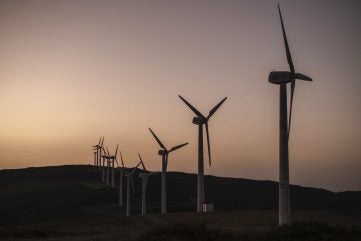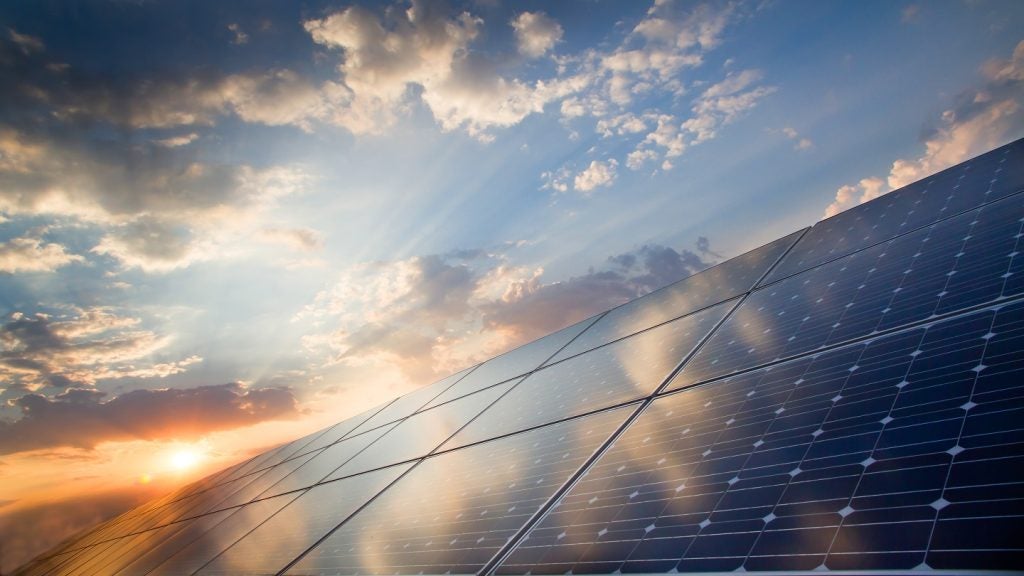
Renewables are booming. Low carbon, cheaper than fossil fuel generation in many markets, and able to be built on both a small and large scale in a wide variety of environments, such is the global confidence in renewables as an investment proposition that the world collectively agreed to triple renewable capacity by 2030 at December’s COP28 climate conference in Dubai. Yet renewables M&A (merger and acquisition) activity is in decline.
Annual renewable capacity additions increased by almost 50% to nearly 510GW in 2023, the 22nd year in a row that renewable capacity additions set a new record, according to the International Energy Agency (IEA). The increases in renewable capacity hit all-time highs across Europe, the US and Brazil while China commissioned as much solar PV in 2023 as the entire world did in 2022, and Chinese wind additions also grew by 66% in 2023 year-on-year (YOY).
But while new project development continues to soar to new heights, deals in the renewables sector – perhaps surprisingly – declined in 2023, shows data from GlobalData, Energy Monitor’s parent company. Some $559bn worth of M&A (merger and acquisition) deals were recorded by GlobalData in 2023 versus $771bn in 2022, suggesting that companies were less keen to consolidate their major renewables assets over the past year.
The decline in renewables M&A is evident in every region of the world, and across nearly all major renewables technologies (geothermal is the exception; it increased from 152 to 177 deals in 2023 YOY).
The number of deals in Asia fell from 2,647 to 1,623 while in Europe, they fell from 2,125 to 1,659. Globally, the number of deals in the solar sector fell from 2,366 to 1,545, and in the wind sector from 1,692 to 1,176.
The state of renewables M&A in 2023 is a marked contrast to a year earlier. The year 2022 saw record value in renewables M&A. Consultant McKinsey published a briefing at the end of that year describing how “strong M&A activity has helped make renewables a highly contested field”.
How well do you really know your competitors?
Access the most comprehensive Company Profiles on the market, powered by GlobalData. Save hours of research. Gain competitive edge.

Thank you!
Your download email will arrive shortly
Not ready to buy yet? Download a free sample
We are confident about the unique quality of our Company Profiles. However, we want you to make the most beneficial decision for your business, so we offer a free sample that you can download by submitting the below form
By GlobalData“The number of players active in renewables development and the diversity of the competition has increased significantly in recent years,” wrote the authors. “Importantly, many competitors have shown that M&A is a core part of their strategy.”
They wrote that renewables developers and utilities sought M&A to boost their pipelines and enter new markets while new entrants such as oil majors and asset managers sought M&A in the renewables space to expand their value chain positions.
Analysis from financial advisory company Dow Schofield Watts from April 2023 said both the high price of fossil fuels due to the war in Ukraine and pressure to meet net-zero targets, drove record renewables M&A in 2022. The two biggest deals of that year were both acquisitions by British oil major BP, which paid more than £10bn for a minority stake in the Asian Renewable Energy Hub in Western Australia, and over £3.5bn for the US renewable natural gas (biomethane) operator Archaea Energy Inc.
Last year, though, saw a shift in the renewables investment climate as countries were battered by higher interest rates and tough economic conditions, explains Pavan Vyakaranam, an analyst at GlobalData.
“High-interest rates, geopolitical issues, and recession concerns are some of the major macroeconomic factors behind a decline in deal activity in the renewable power market globally,” says Vyakaranam. “Since capacity addition and investment in new renewable projects has not diminished, it indicates that companies are looking at developing greenfield projects rather than acquisitions.”
The oil majors focused their bumper profits on share buy-backs and M&A within the oil sector in 2023. Oil company investors have shifted away from supporting decarbonisation, while the companies themselves now appear less keen to decarbonise than they once were: renewables spending at bp and Shell has flatlined. Instead, bp announced in February that it was scaling back its commitment to cut oil and gas output by 2030, from a 40% to a 25% cut.
But even if there is less appetite for buying up companies in the renewables space, the global appetite for developing new renewables projects remains strong. Data from GlobalData shows record investment across all major sources of renewables in 2023, collectively reaching nearly $500bn.
A separate analysis released at the start of this year revealed global investment in the energy transition hit a record $1.8trn in 2023, climbing 17% from the year before.





